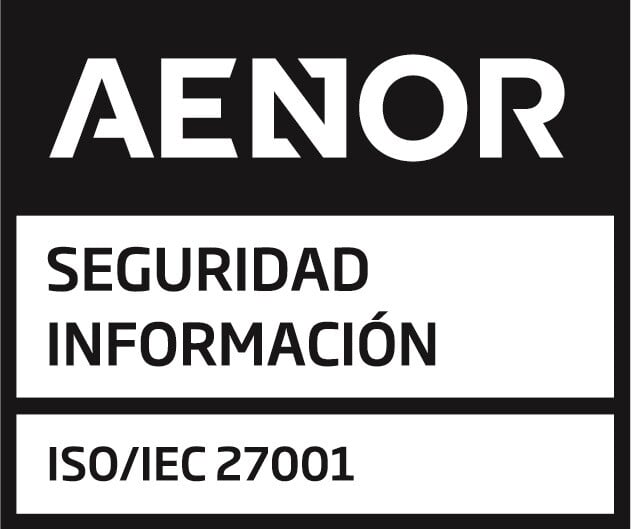Operating a renewable energy portfolio is no longer just about installing assets and checking output. The real challenge begins with the data that drives every decision, every report, and every financial model. In today’s environment, where investors, lenders, and regulators demand transparency, data quality is not a technical detail—it’s the foundation of effective asset management.
Why reliable data matters
Every decision in renewable asset management depends on trustworthy data. Performance KPIs must reflect real output, not distorted readings, because investors and operators base their decisions on these metrics. Financial settlements, curtailment claims, and bonus triggers rely on precise measurements to secure cash flow and ensure stakeholders receive what they are owed. Regulatory compliance and audit readiness hinge on maintaining clean, auditable records that can be traced back to their origin.
When data quality is compromised:
- KPIs become unreliable, which leads to uncertainty about the actual health of your portfolio.
- Investor and lender reporting loses credibility, affecting trust and potentially future financing.
- Financial and contractual obligations become harder to enforce, as inaccurate data can weaken claims.
Poor data quality rarely shows its impact immediately. Over time, misclassified outages or unreported curtailment events quietly reduce revenue, delay issue resolution, and erode long-term IRR.
Common data challenges in renewable portfolios
Even with modern monitoring systems, renewable portfolios face recurring issues that undermine data integrity:
- Transmission gaps create blind spots in performance history. These missing data points can distort monthly KPIs and complicate performance analysis.
- Misclassified events, like communication losses logged as curtailment, skew production metrics and mask the real causes of underperformance.
- Conflicting readings between inverters and meters force financial teams to spend hours reconciling inconsistencies, delaying reporting cycles.
- Spikes, zero-production values, and rollovers introduce noise that makes it harder to identify genuine trends or issues.
- Inconsistent time resolutions or missing validation rules prevent standardization across sites and make portfolio-wide reporting difficult.
These challenges generate friction across teams:
- Technical staff spend hours investigating anomalies instead of optimizing operations.
- Financial teams risk errors in settlements and face delays in issuing reports.
- Compliance teams experience increased audit pressure when data lacks traceability.
Each of these pain points erodes confidence and distracts teams from focusing on long-term value creation.
Building a robust data quality process
Addressing these challenges requires a structured process where data quality is embedded into operations, rather than treated as an afterthought.
- Unified data ingestion: all sources (SCADA, meters, and weather data) should be harmonized into consistent formats and time resolutions. This ensures that every stakeholder works with comparable datasets. Raw values must be preserved to maintain full traceability and provide a reliable audit trail.
- Automated validation: automated rules can detect gaps, spikes, repeated values, or other anomalies in real time. By applying project-specific logic, asset managers can reduce reliance on manual inspection and resolve data issues faster, minimizing revenue loss.
- Reporting readiness: once validated, data should be immediately available for invoicing, regulatory compliance, and performance analysis. This step transforms raw signals into actionable, auditable insights that can be used across technical, financial, and compliance teams.
A robust data quality process does more than correct errors—it accelerates decision-making, reduces revenue leakage, and builds confidence across the portfolio.
The strategic impact of high-quality data
High-quality data produces measurable benefits across the organization:
- Financial teams can calculate settlements, penalties, and performance bonuses with confidence, ensuring cash flows are accurate and timely.
- Compliance teams gain a dependable audit trail, making regulatory checks smoother and faster.
- Asset managers can detect underperformance early, respond quickly, and protect long-term portfolio value.
For example, a 100 MW solar portfolio with repeated communication losses might miss curtailment claims worth tens of thousands of euros annually. With automated ingestion and validation, these gaps are detected and corrected before they impact revenue, preventing long-term financial erosion.
Reliable data aligns technical, financial, and legal teams around a single source of truth. Instead of operating in silos, everyone works from the same trusted information, improving collaboration and strengthening investor confidence.
Turning data into actionable insight
QBi ensures that data quality is a core component of asset management:
- Integrated ingestion and validation deliver a unified, auditable dataset.
- Traceable workflows track every data correction and clarify ownership.
- Reporting-ready outputs connect operational reality with financial and contractual decision-making.
By turning fragmented signals into reliable business insights, QBi helps protect portfolio value and streamline operations. Clean, validated data is more than operational hygiene; it is the foundation for informed action and sustained financial performance.
